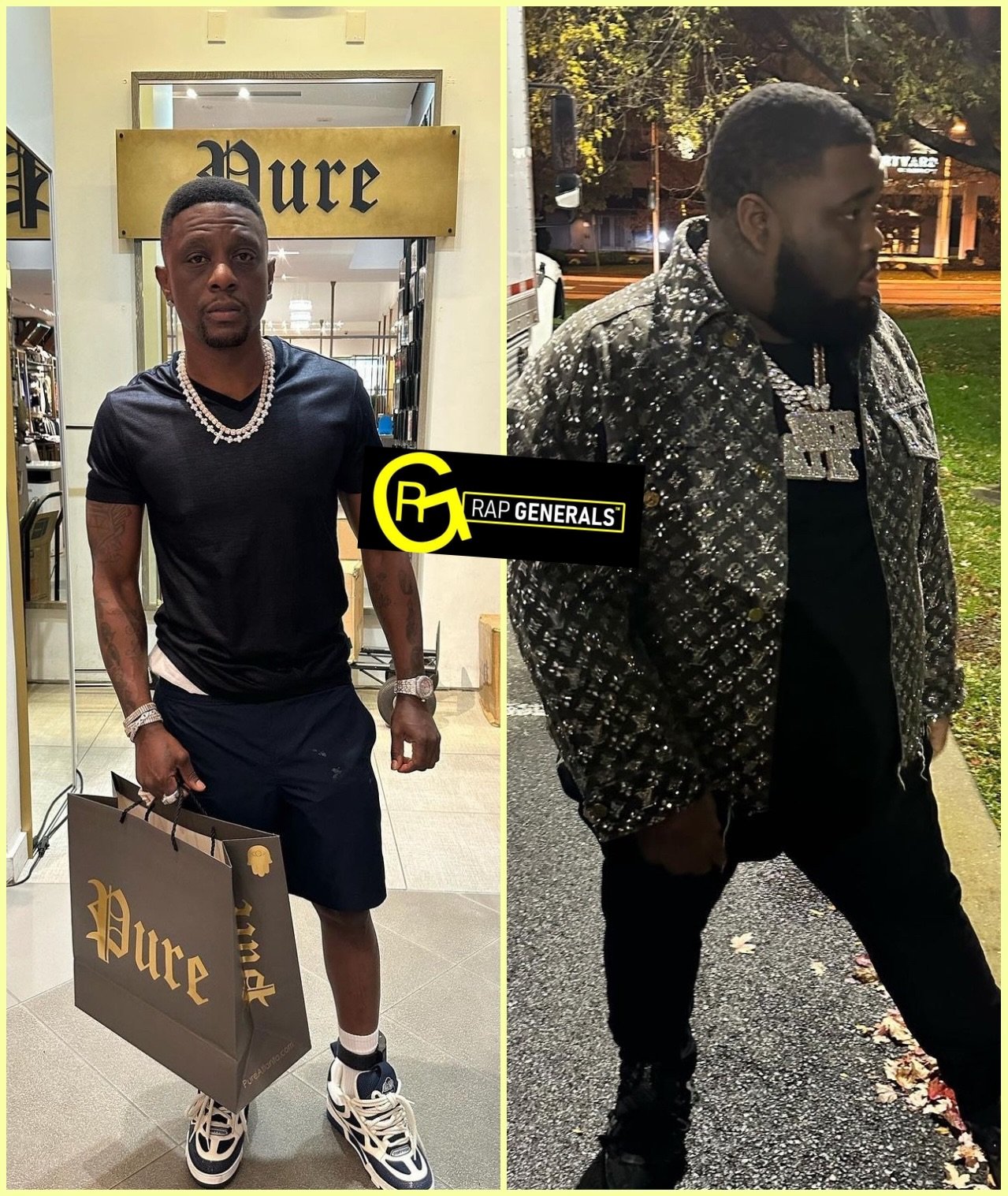In a recent Instagram Live session, the outspoken and influential rapper Boosie Badazz (formerly Lil Boosie) voiced his frustration and discontent regarding other artists sampling his music without compensation. Boosie expressed his concerns about the lack of financial recognition for his work and announced his intention to take legal action, particularly singling out Rod Wave and several others for alleged "copyright infringement." This revelation sparks a broader conversation about the ethical and legal complexities of music sampling in the industry.
During the Instagram Live session, Boosie passionately conveyed his feelings on the matter, highlighting his dissatisfaction with the lack of compensation for artists sampling his music. He emphasized that, despite the acknowledgment of his influence through sampling, he has not received any financial benefits from these instances. Boosie appreciates the recognition but asserts that he deserves more and should be adequately compensated for the use of his creative work.
Boosie did not mince words when he declared his intention to sue artists, with Rod Wave mentioned specifically, for what he perceives as "copyright infringement." This legal recourse is a significant step in asserting his rights as a creator and seeking due compensation for the unauthorized use of his intellectual property. Boosie's decision to take legal action underscores the seriousness of the issue and his determination to protect his artistic legacy.
Music sampling has long been a contentious issue in the music industry, blurring the lines between artistic homage and copyright infringement. While artists often sample music to pay tribute to their influences or add a new dimension to their work, the lack of clear guidelines and compensation mechanisms can lead to conflicts, as highlighted by Boosie's case. The evolving landscape of digital music distribution and creation further complicates these matters.
Boosie's perspective sheds light on the challenges faced by artists, particularly those from marginalized communities, in navigating an industry that sometimes overlooks their contributions. The rapper's outspoken stance reflects a broader issue of artists struggling to receive fair compensation for their creativity, even as their work becomes foundational to new generations of musicians.
Boosie's case prompts a larger conversation about the need for industry-wide standards and transparency in compensating artists for sampled works. As the digital age continues to redefine how music is created and consumed, addressing these issues becomes crucial to ensuring a fair and sustainable environment for artists of all backgrounds.
Boosie Badazz's decision to speak out against the lack of compensation for sampled music and his intent to take legal action highlights the ongoing challenges faced by artists in the music industry. His case serves as a catalyst for a broader conversation about the ethics and legalities of music sampling, calling for a more equitable system that ensures artists are justly compensated for their contributions to the ever-evolving landscape of musical expression.










